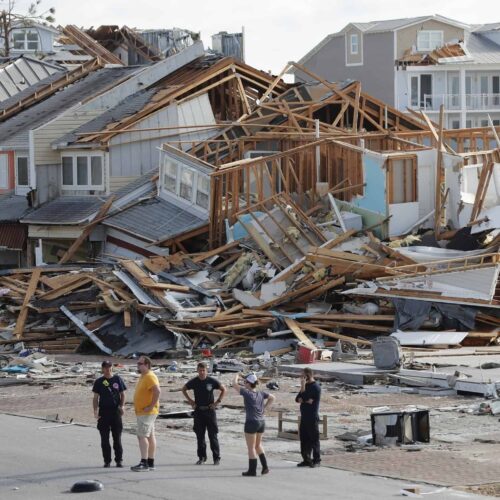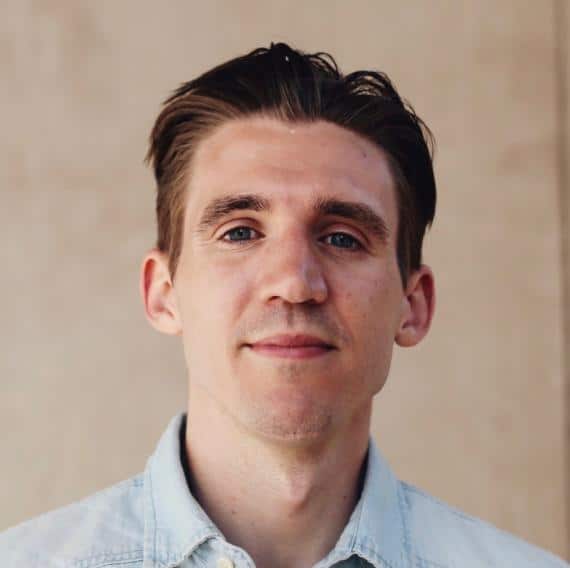About our partners
The Center for Public Integrity and Columbia Journalism Investigations are reporting on mental health and natural disasters in partnership with these news organizations:
California Health Report
Centro de Periodismo Investigativo
City Limits
InvestigateWest
IowaWatch
The Lens
The Mendocino Voice
Side Effects
The State/The Island Packet
These disasters also take a toll on mental health. Scientists say rates of depression, anxiety and post-traumatic stress disorder, or PTSD, skyrocket following disasters. One survey of Hurricane Katrina survivors found that a third had mood disorders, and suicidal thoughts more than doubled. Six months after Hurricane Maria, 40 percent of Puerto Ricans showed signs of PTSD, another survey estimated. Many scientific studies suggest similar outcomes after individual wildfires and floods.
Still, little is known about how widespread these issues may be, or how effectively federal, state and local agencies respond to the mental health needs of disaster survivors. There’s even less information about how the spread of the new coronavirus affects people who’ve lived through previous disasters. That’s why we want to hear your story.
The Center for Public Integrity, Columbia Journalism Investigations and eight local newsrooms are investigating the mental health needs of disaster survivors and how the government is responding. Are you still trying to rebuild your life after a natural disaster? How has the coronavirus pandemic impacted your efforts?
If you have been affected by a wildfire, hurricane or flood in the last 10 years, or if you are a mental health professional studying disasters or working with survivors in that period, you can help by filling out the form below. A better understanding of disaster impacts could assist public and private entities preparing for and responding to future emergencies.
• This survey will take about 15 minutes.
• You can choose to allow a reporter to contact you.
• We will not publish what you tell us in this survey without your permission. All personal information is confidential.
If you have been emotionally affected by a disaster and
wish to seek confidential support, you can call the federal Disaster
Distress Helpline at
800-985-5990 and speak with a professional trained in crisis counseling.





Join the conversation
Show Comments